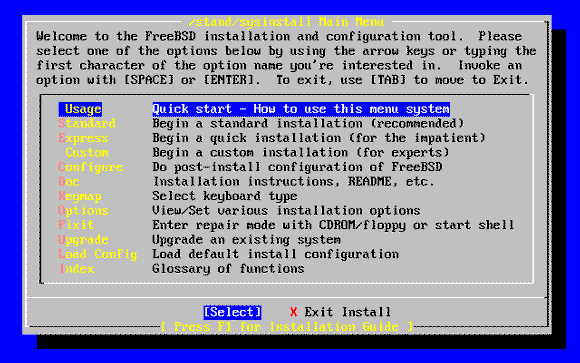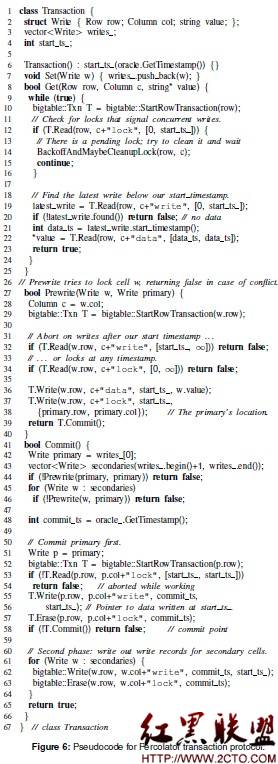hive参数hive.mapred.mode分析
Hive配置中有个参数hive.mapred.mode,分为nonstrict,strict,默认是nonstrict如果设置为strict,会对三种情况的语句在compile环节做过滤:
1. 笛卡尔积Join。这种情况由于没有指定reduce join key,所以只会启用一个reducer,数据量大时会造成性能瓶颈
// Use only 1 reducer in case of cartesian product
if (reduceKeys.size() == 0) {
numReds = 1;
// Cartesian product is not supported in strict mode
if (conf.getVar(HiveConf.ConfVars.HIVEMAPREDMODE).equalsIgnoreCase(
"strict")) {
throw new SemanticException(ErrorMsg.NO_CARTESIAN_PRODUCT.getMsg());
}
}
2. order by后面不跟limit。order by会强制将reduce number设置成1,不加limit,会将所有数据sink到reduce端来做全排序。
if (sortExprs == null) {
sortExprs = qb.getParseInfo().getOrderByForClause(dest);
if (sortExprs != null) {
assert numReducers == 1;
// in strict mode, in the presence of order by, limit must be specified
Integer limit = qb.getParseInfo().getDestLimit(dest);
if (conf.getVar(HiveConf.ConfVars.HIVEMAPREDMODE).equalsIgnoreCase(
"strict")
&& limit == null) {
throw new SemanticException(generateErrorMessage(sortExprs,
ErrorMsg.NO_LIMIT_WITH_ORDERBY.getMsg()));
}
}
}
3. 读取的表是partitioned table,但没有指定partition predicate。
注:如果是多级分区表的话,只要出现任何一个就放行
// If the "strict" mode is on, we have to provide partition pruner for
// each table.
if ("strict".equalsIgnoreCase(HiveConf.getVar(conf,
HiveConf.ConfVars.HIVEMAPREDMODE))) {
if (!hasColumnExpr(prunerExpr)) {
throw new SemanticException(ErrorMsg.NO_PARTITION_PREDICATE
.getMsg("for Alias \"" + alias + "\" Table \""
+ tab.getTableName() + "\""));
}
}
这三种case在数据量比较大的情况下都会造成生成低效的MR Job,影响执行时间和效率,不过直接抛出exception又感觉太forcefully了。
可以在一些非线上生产环境下的ad-hoc查询端中开启strict mode,比如hiveweb,运营工具。





